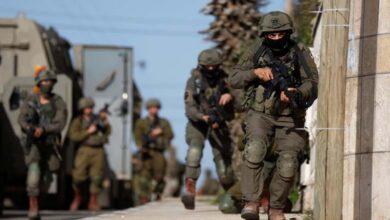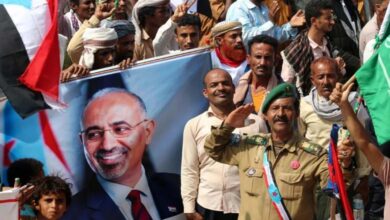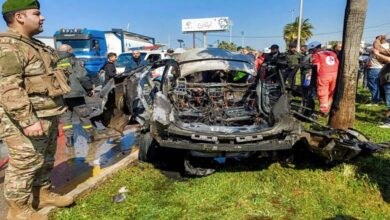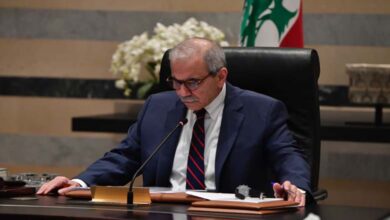Violent Clashes and Escalating Tensions… What are the Latest Developments in Kirkuk, Iraq, and What Are Their Causes?
Clashes are escalating in Kirkuk, Iraq, and their causes
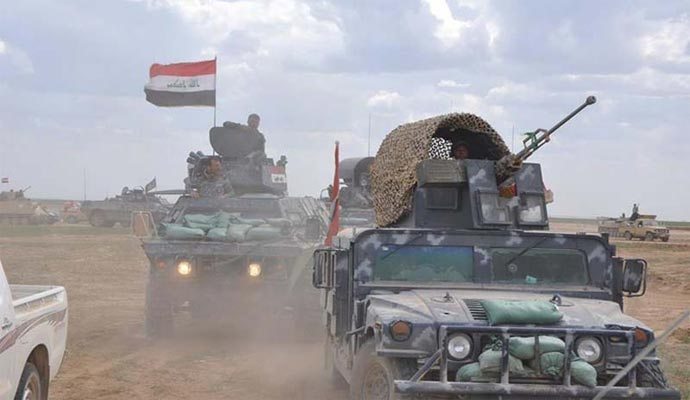
Clashes between ethnic groups in the oil-rich city of Kirkuk in northern Iraq have erupted after days of tension. The conflict centers around control of a building in Kirkuk that was previously used as a headquarters by the Kurdistan Democratic Party but has been used as a base by the Iraqi army since 2017.
The central government intends to return the building to the Kurdistan Democratic Party as a goodwill gesture, but Arab and Turkmen groups opposed to this move set up a camp in front of the building to protest last week, leading to deadly clashes.
Lifting the Curfew
After days of curfew, Iraqi authorities lifted the curfew on Sunday following the deaths of four people during protests in the city. Kirkuk Police Chief General Kawa Ghareeb stated that the curfew, imposed by Prime Minister Mohammed Shia al-Sudani on Saturday, “has been lifted.”
The situation in Kirkuk is currently stable overall, with security forces deployed to separate the two sides and warning shots fired to disperse Kurdish protesters after vehicles were set on fire on a major street.
Four Kurds were killed during these events, and 15 were injured, according to Kirkuk Police Spokesperson Amer Shawani. At least three of the fatalities were the result of gunshot wounds of unknown origin, according to medical sources in Kirkuk.
Formation of a Ministerial Investigation Committee
Iraqi Prime Minister Mohammed Shia al-Sudani called for the formation of an investigative committee, pledging in a statement outside the Iraqi Cabinet to hold those responsible accountable so they receive fair punishment.
Kirkuk is located in an oil-rich region and has been a historical focal point of conflict between the northern Kurdistan Region and the central government. Tensions have been on the rise there for about a week.
In 2014, the Kurdistan Democratic Party and the Peshmerga, the security forces of the Kurdistan Region, took control of the oil-rich Kirkuk region before being ousted in the fall of 2017 following a military operation by Iraqi forces in response to a failed referendum on the Kurdistan Region’s secession from Iraq.
Political Causes of Violence
Dr. Abdul Kareem Alwazan, an Iraqi political analyst, stated that Arab and Turkmen parties in the city, protesting the decision to return the headquarters of the Kirkuk leadership council to the Kurdistan Democratic Party, are fueling the events and protests that led to the closure of the main road between Kirkuk and Erbil. Kurdish protests also began in the city on Saturday, demanding an end to road closures.
Alwazan added that the political landscape in Kirkuk appears to be quite complex, with political differences not limited to the known conflict between the Kurds on one side and Arabs and Turkmen on the other. It appears that everyone is in conflict with everyone. The Patriotic Union of Kurdistan is in a fierce dispute with the Democratic Party, and there have been recent verbal altercations between Arabs and Turkmen. This prompted Kirkuk Deputy Sahira Arab to warn of a civil war if the situation continues and if the Democratic Party succeeds in regaining its headquarters in Kirkuk.








